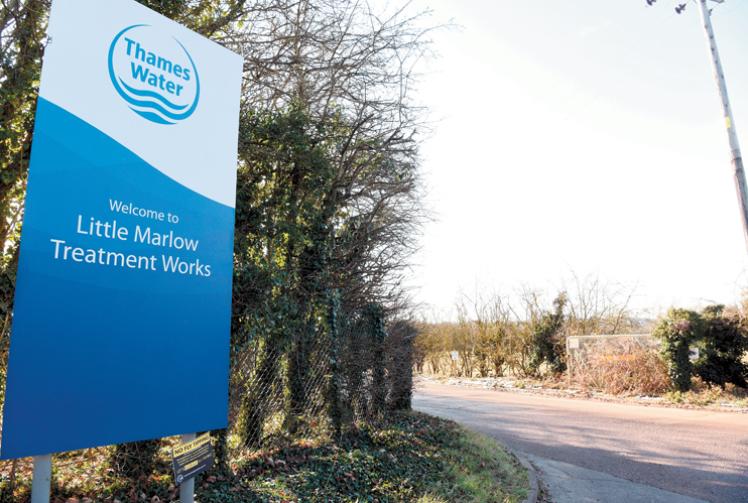Thames Water: Current Challenges and Future Outlook

Introduction
Thames Water, the largest water and wastewater services provider in the UK, plays a crucial role in ensuring the supply of clean drinking water and the treatment of wastewater for millions of people. Recent events surrounding Thames Water have raised concerns over infrastructure, environmental accountability, and service reliability, making it a significant topic of discussion among industry experts and the general public alike.
Recent Developments
In 2023, Thames Water has faced scrutiny due to ongoing issues regarding its aging infrastructure. According to the company’s latest report, approximately 20% of its pipes are over 100 years old, leading to increased leaks and supply disruptions. This has prompted the regulator, Ofwat, to request a comprehensive plan from Thames Water to address these issues and improve service delivery.
Additionally, the company has been under fire for its environmental impact, particularly with respect to sewage discharges into rivers and waterways. Environmental groups have expressed outrage over reports of untreated sewage entering the River Thames during rainfall events, violating environmental regulations and endangering local ecosystems. In response, Thames Water has pledged to invest significantly in technology and infrastructure upgrades aimed at reducing spill incidents by 2025.
Public Response and Regulatory Pressure
The public outcry over Thames Water’s practices has led to increased pressure from consumers for better accountability and transparency. In recent surveys, nearly 75% of residents in the Thames Valley region expressed dissatisfaction with current water services and highlighted the importance of cleanliness and environmental stewardship. This feedback has prompted local government officials to engage in discussions about potential reforms and stricter regulations for water companies.
Looking Forward
Thames Water’s future hinges on its ability to adapt and evolve in the face of these challenges. The company has announced a detailed action plan that includes investing over £2 billion in infrastructure improvements and enhancing its wastewater treatment facilities. These measures aim to restore public trust and ensure compliance with environmental standards.
Furthermore, Thames Water is also exploring innovative solutions such as digital metering and smart technology to better monitor water quality and usage, signalling a progressive approach to water management.
Conclusion
The situation surrounding Thames Water underscores the ongoing challenges in the utilities sector, particularly regarding ageing infrastructure and environmental accountability. As the UK faces further climate-related pressures, the company’s commitment to sustainable practices will be paramount. Stakeholders, including consumers, regulators, and environmentalists, will continue to monitor Thames Water’s progress closely, as its decisions will significantly impact the quality of water services in the coming years.








